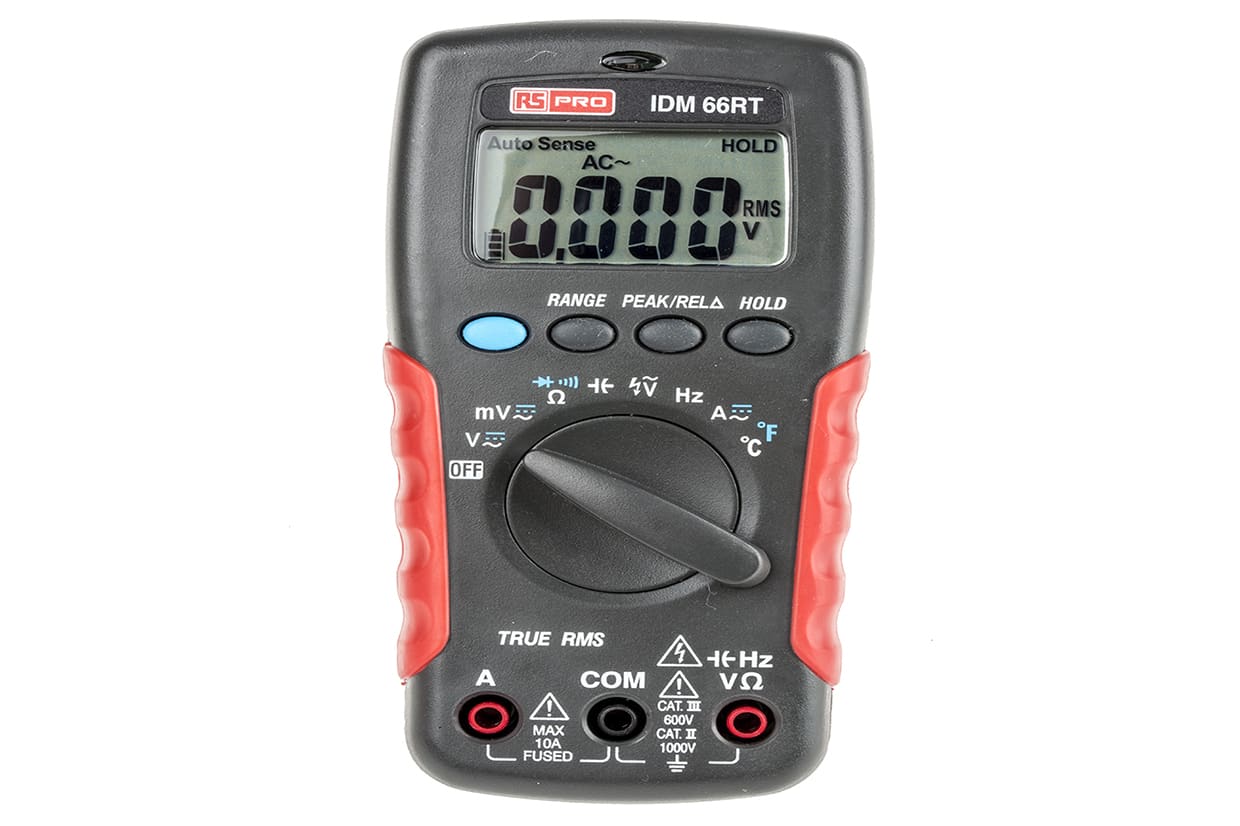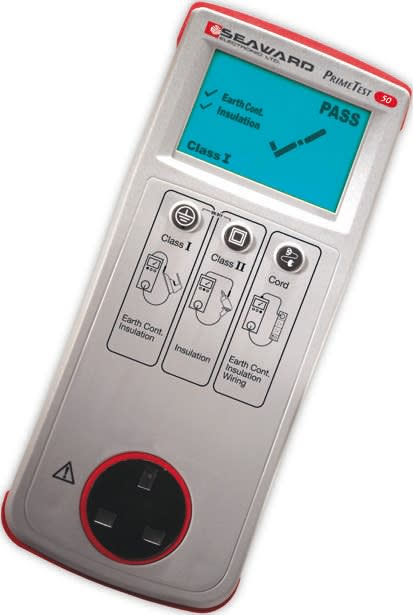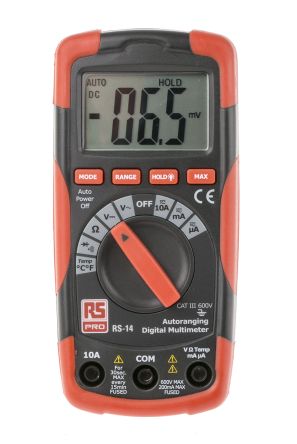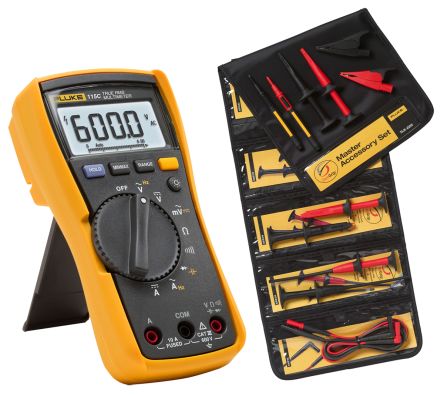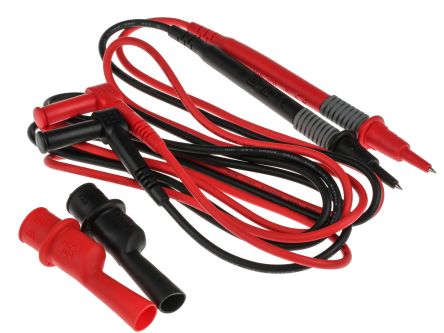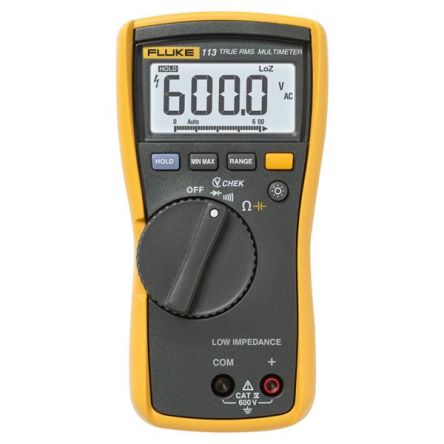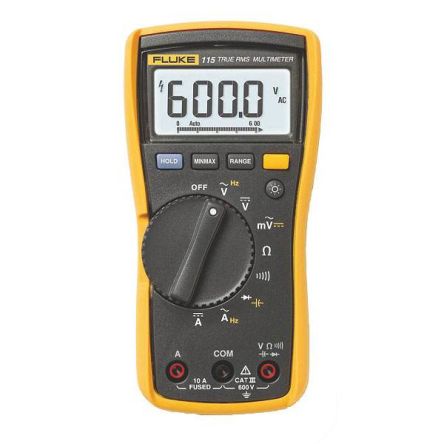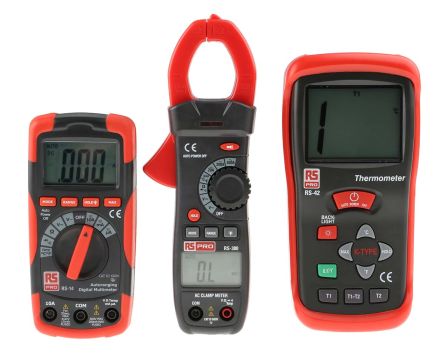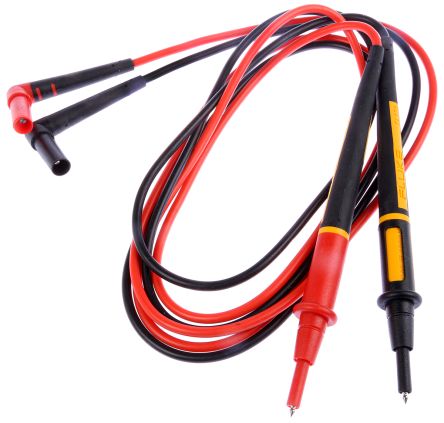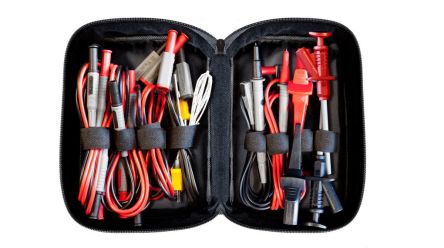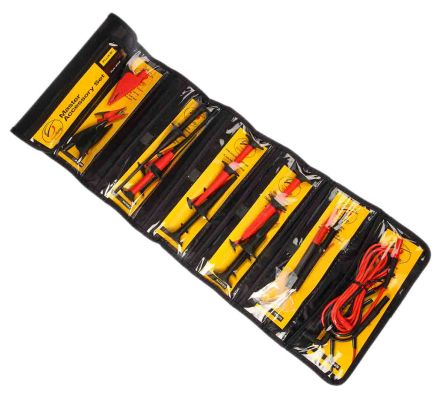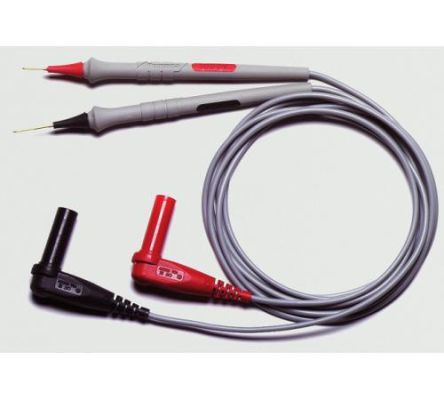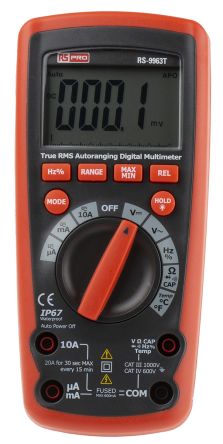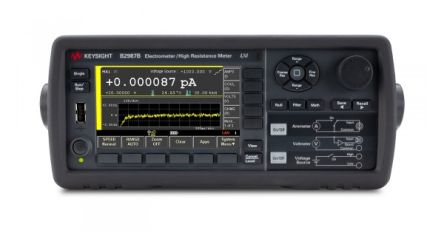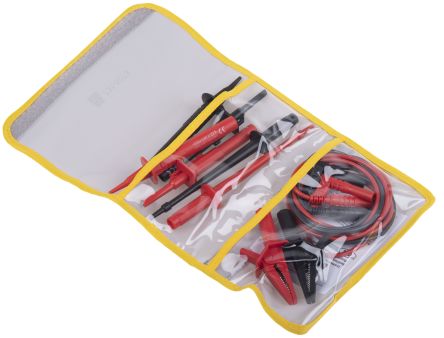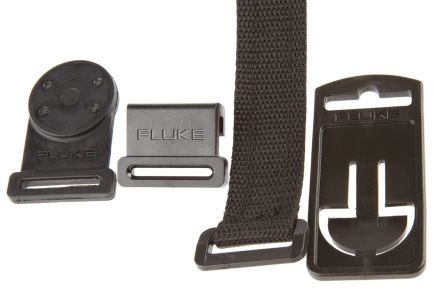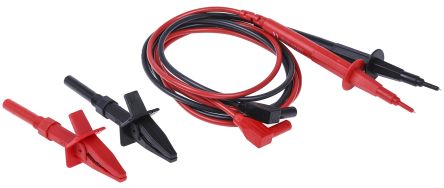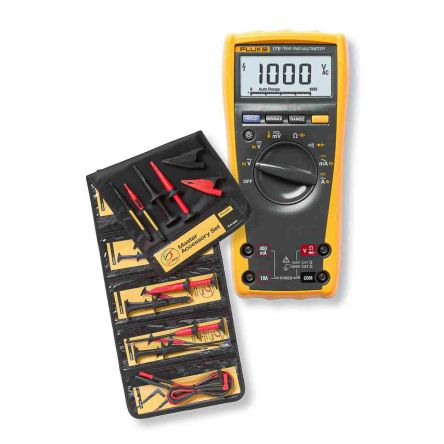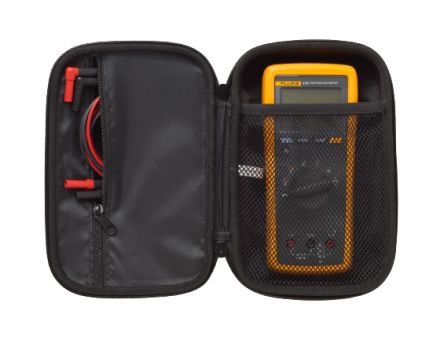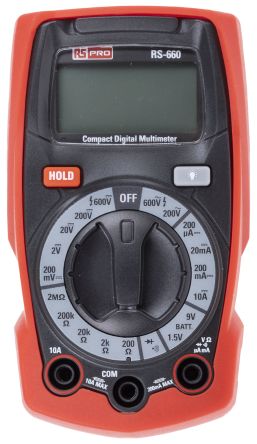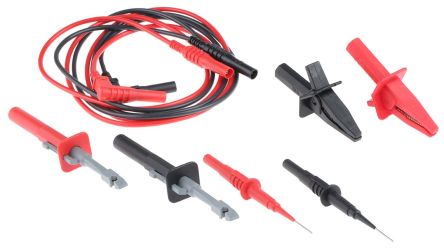- Automation & Control Gear
- Cables & Wires
- Enclosures & Server Racks
- Fuses & Circuit Breakers
- HVAC, Fans & Thermal Management
- Lighting
- Relays & Signal Conditioning
- Switches
- Batteries & Chargers
- Connectors
- Displays & Optoelectronics
- ESD Control, Cleanroom & PCB Prototyping
- Passive Components
- Power Supplies & Transformers
- Raspberry Pi, Arduino, ROCK, STEM Education & Development Tools
- Semiconductors
Multimeters & Accessories
We offer a great range of hand-held analogue and digital multimeters from top brands such as Fluke, ISO-TECH, Agilent, Keyside Technologies and Chauvin Arnoux, as well as our own RS PRO range.
What is a multimeter?
Multimeters are electronic measuring tools that measure multiple functions in one handy device. They can save engineers and electricians a lot of time as they accurately detect faults on a wide range of devices, appliances, wiring, circuits and power supplies. The vast majority of them are handheld.
Some of them have the ability to display graphs, and batteries are required to power the displays. Those with an IP rating can be waterproof in order to be used in wet weather conditions.
How many types of multimeter are there?
There are essentially two types of multimeter:
- Analogue: these types of meter use a microammeter with a moving pointer to display readings. They measure in continuous value ranges.
- Digital: also known as a DMM, a digital multimeter makes use of circuits to measure accurate increments. They measure in analogue first and then convert to digital. For this reason, there is a delay and they might not be the best option for values that are constantly changing. They are however very precise in their measurements, and are the best choice for accuracy. These digital multimeters can be further broken down into three types:
- Fluke: this type of meter is the most popular type of digital multimeter available for measuring electrical resistance and voltage, and can have multiple other collaborative functions available
- Clamp digital: a digital multimeter used for measuring electricity flow. The clamp measures the amps whilst the probe measures the volts
- Autoranging: this digital multimeter is the easiest and safest one to use as, as it doesnt need to be switched to what it is reading with the central knob, a value is always displayed regardless of what's being measured
What can multimeters measure?
They can measure a wide variety:
- Frequency
- Inductance
- Resistance (ohms)
- Conductance (siemens)
- Alternating voltage
- Direct voltage
- AC or DC electrical current
- Capacity (farads)
- Decibels
- Duty cycles
- Temperature (Celsius or Fahrenheit)
What kinds of multimeter accessories are there?
We stock adapters and a range of supporting multimeter accessories:
- Adapters: interface adapters for temperature, optics and pressure
- Cases & holsters: coming in different shapes and sizes in hard and soft options
- Current clamp adapters: for measuring AC and DC current
- Fuses: for multimeter protection in case of an overload
- Kits: our kits come with a selection of test lead sets, alligator clips, probes and adapters
- Mount rack kits: used for mounting a multimeter on a rack
- Software: data logging and report generation software for your multimeter
- Tester leads: for measuring high voltage and high energy circuits
Guides & Articles
